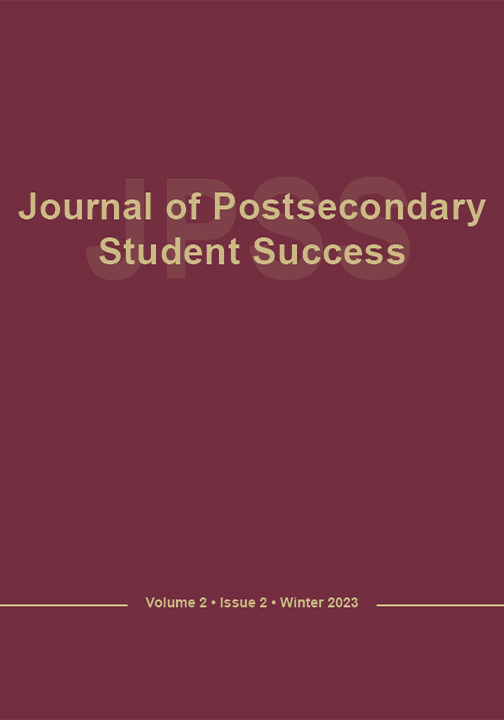Abstract
The term at-promise gained prominence as a strength-based way to refer to students from minoritized backgrounds that contrasted from deficit-laden terms like at-risk. In this scholarly paper, we argue that beyond avoiding an obvious deficit categorization, adoption of the term at-promise has potential to influence scholarship in higher education research by centering the need for systemic change. Building on prior literature on at-promise student terminology and conceptual frameworks of funds of knowledge, community cultural wealth, and validation theory, we suggest that the at-promise phrase offers two important contributions to higher education. First, by emphasizing interconnectivity and shared experiences across systems of power, the at-promise designation can be used to build coalitions amongst minoritized groups and advocate for broader systemic change. Second, the term promise reflects a societal commitment to improving educational access and retention that is integral to the social contract of higher education as a public good. Thus, use of at-promise can center the need for systemic change, but only when done with intentionality to avoid conflation of minoritized groups.

Dieses Werk steht unter der Lizenz Creative Commons Namensnennung 4.0 International.
Copyright (c) 2023 Genia M. Bettencourt, Lauren N. Irwin, Ralitsa Todorova, Ronald E. Hallett, Zoë B. Corwin
